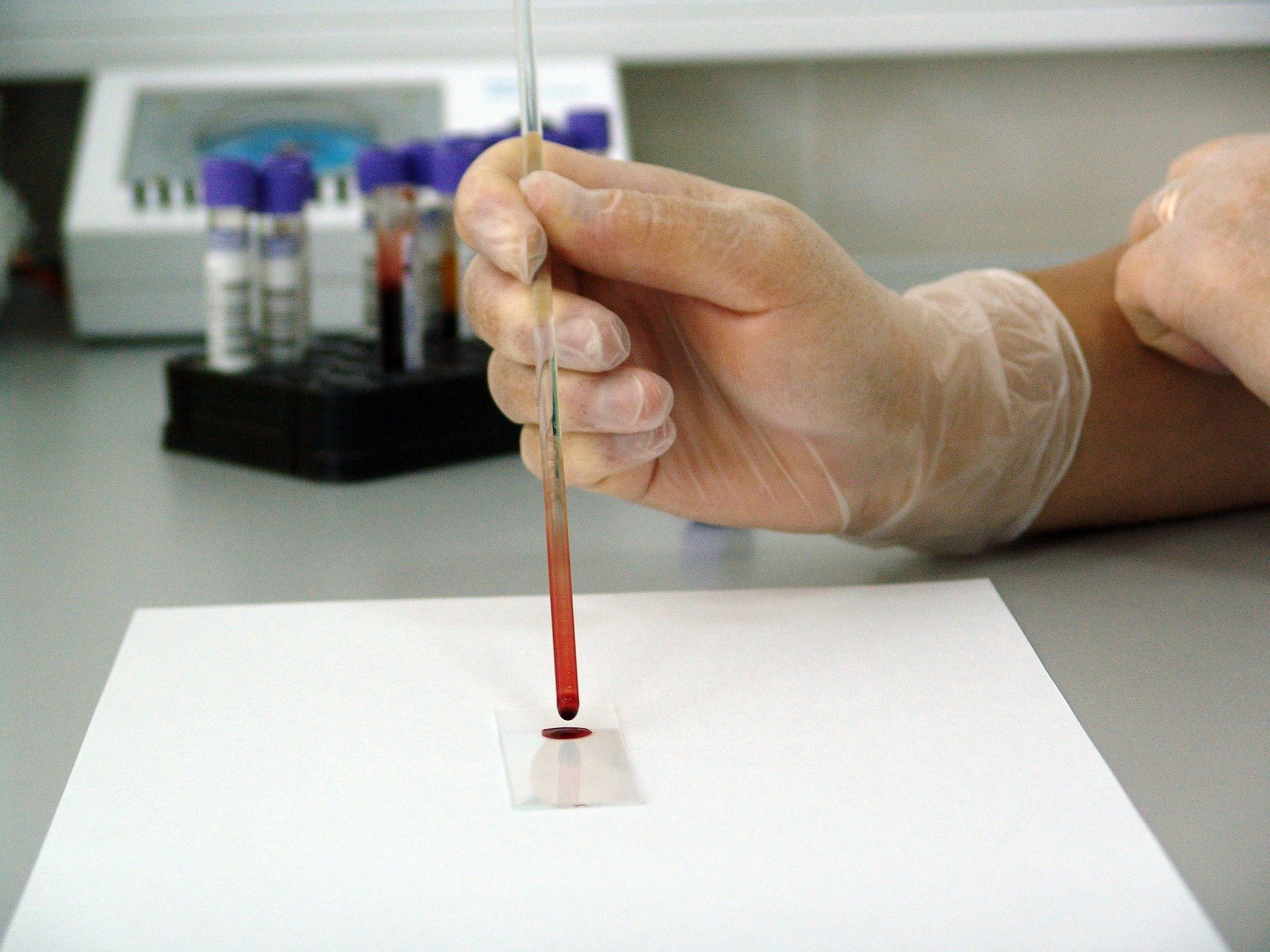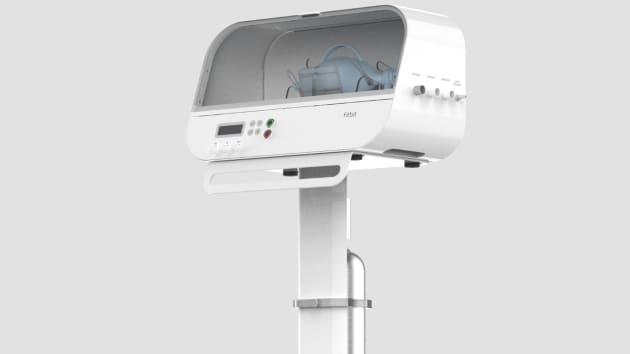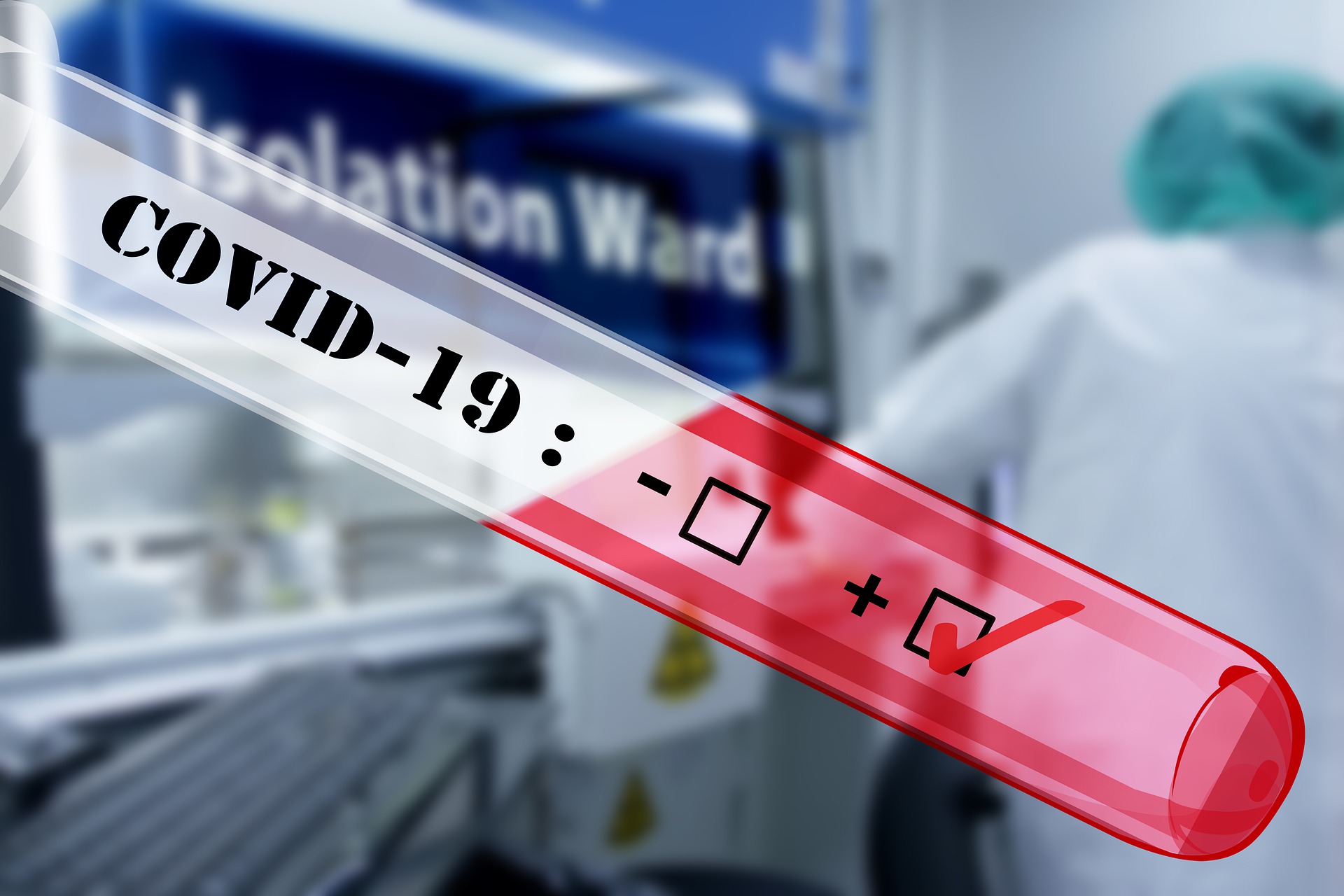I-Mab, a clinical-stage biopharmaceutical company, released interim data this week from part 1 of its clinical trial assessing the use of a monoclonal antibody (mAb) against GM-CSF to treat COVID-19 patients with cytokine release syndrome (CRS). CRS is a severe complication of the infection, and early results of the GM-CSF antibody study show that the compound can be safely used in severely ill patients.
Critically ill patients with severe complications make up almost 20 percent of all COVID-19 cases.
The antibody is called TJM2 and was evaluated in a multi-center, double blinded, randomized, placebo-controlled, three-arm clinical study in patients with CRS.
The first part of the study assessed the safety and tolerability of the compound in 24 patients who were randomized in equivalent numbered groups of eight, and administered TMJ2 by intravenous infusion as either a single dose of 3 mg/kg, a single dose of 6 mg/kg or placebo (standard care).
A data monitoring committee (DMC) reviewed and analyzed the clinical data and after review, made recommendations for I-Mab to advance to part 2 of the study. This indicates that TJM2 is safe and well-tolerated in severely ill COVID-19 patients. In fact, the DMC supported changing the low dose treatment arm (3 mg/kg) to high dose (6 mg/kg). Part 2 of the study will evaluate the efficacy of the compound in severe COVID-19 cases.
Part 2 of the study, which is set to begin soon, is designed similarly to part 1, and will involve the same patient population characteristics. According to a press release, “it will evaluate the efficacy, safety and cytokine levels following a single dose of 6 mg/kg TJM2 or placebo in 120 patients with severe COVID-19.” Due to the clinical trial design of data blinding, efficacy data from part 2 of the trial will be released upon completion of the study.
According to the press release, the “study adopts a robust clinical trial design and represents one of the first double-blind, placebo-controlled and randomized studies to evaluate the therapeutic role of anti-GM-CSF antibody in severe COVID-19 patients.”
In a statement, Dr. Marcel Curlin, Associate Professor, Department of Medicine, Division of Infectious Diseases at Oregon Health and Sciences University said, “I-Mab’s carefully planned clinical trial of its novel anti-GM-CSF agent brings potential new hope to effectively treat severe SARS-CoV-2 infection by suppressing uncontrolled inflammation.” He said, “Preliminary results and positive review from the DMC are encouraging, and if we now begin to see an efficacy signal, we will have a powerful new approach to treating severe disease due to COVID-19.”
TJM2, also known as TJ003234, is a neutralizing antibody (discovered by I-Mab) against human granulocyte-macrophage colony stimulating factor (GM-CSF), which is a cytokine that plays an important role in acute and chronic tissue inflammation.
Related: Low T Cell Counts Observed in COVID-19 Patients
Severe pulmonary complications in COVID-19 patients have been linked to elevated serum levels of pro-inflammatory cytokines such as GM-CSF, IL-6 and IFN-gamma, as well as low T cells counts associated with lymphopenia. It has been reported that critically ill COVID-19 patients exhibit activated T cells with increased production of GM-CSF and inflammatory monocytes expressing high levels of IL-6. Recent data also shows that COVID-19 can induce a cytokine storm, i.e. CRS, triggered by significant immune cell infiltration and release of GM-CSF and IL-6.
These inflammatory cytokines drive the aberrant activation of monocytes and lymphocytes which then stimulate increased production of even more cytokines and chemokines in a feed forward cycle; this can lead to cytokine storm, severe lung complications and death.
Therefore, blockade of GM-CSF with TJM2 may lessen the impact of, or prevent, this cytokine cascade that leads to hyperinflammation as well as hyperactivation of the immune system, which may be key events underlying the complications associated with severe COVID-19.
Dr. Jingwu Zang, Founder and Honorary Chairman and Director of I-Mab said in a press release, “As an innovative global biotech company, I-Mab has a responsibility to help address the urgent global health crisis. Since the outbreak took place, we sprang into action to prioritize TJM2 in response to the urgent medical needs. It is clear that the rationale and expectation of our study is further supported by the preliminary and encouraging evidence from other pilot studies with GM-CSF antibody class for this clinical indication.”
There are several other companies that are also testing GM-CSF therapies in COVID-19 patients, including Swiss company Roivant Sciences who has partnered with AltaSciences to develop a GM-CSF mAb for COVID-19 treatment. The collaborators recently released results from a Phase I study of the GM-CSF antibody gimsilumab in COVID-19 patients, which exhibited favorable safety and tolerability profiles.
Antibodies targeting either GM-CSF or other cytokines such as IL-6 could prove to be effective therapies for COVID-19 patients that present with serious pulmonary complications arising from immunopathologies caused by the infection.












Join or login to leave a comment
JOIN LOGIN